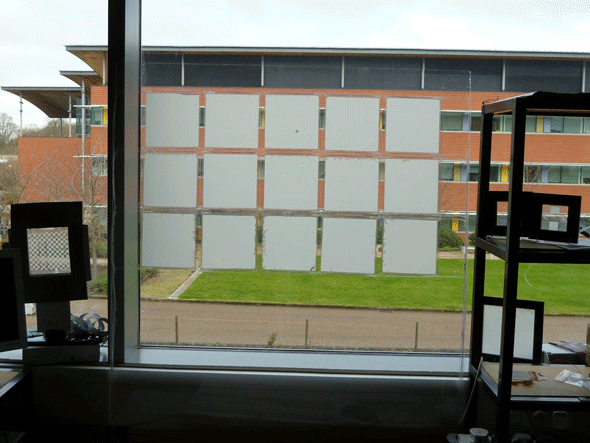
Breaking News
How Do Dumb People or Corrupt People Get Elected to Top Positions?
 Brand New Solar Battery With THIS Amazing Feature! EG4 314Ah Wall Mount Review
Brand New Solar Battery With THIS Amazing Feature! EG4 314Ah Wall Mount Review
 This New Forecast Just Got WAY Worse...
This New Forecast Just Got WAY Worse...
 S3E4: The Freedom Movement Funded Its Own Prison
S3E4: The Freedom Movement Funded Its Own Prison
Top Tech News
 The day of the tactical laser weapon arrives
The day of the tactical laser weapon arrives
 'ELITE': The Palantir App ICE Uses to Find Neighborhoods to Raid
'ELITE': The Palantir App ICE Uses to Find Neighborhoods to Raid
 Solar Just Took a Huge Leap Forward!- CallSun 215 Anti Shade Panel
Solar Just Took a Huge Leap Forward!- CallSun 215 Anti Shade Panel
 XAI Grok 4.20 and OpenAI GPT 5.2 Are Solving Significant Previously Unsolved Math Proofs
XAI Grok 4.20 and OpenAI GPT 5.2 Are Solving Significant Previously Unsolved Math Proofs
 Watch: World's fastest drone hits 408 mph to reclaim speed record
Watch: World's fastest drone hits 408 mph to reclaim speed record
 Ukrainian robot soldier holds off Russian forces by itself in six-week battle
Ukrainian robot soldier holds off Russian forces by itself in six-week battle
 NASA announces strongest evidence yet for ancient life on Mars
NASA announces strongest evidence yet for ancient life on Mars
 Caltech has successfully demonstrated wireless energy transfer...
Caltech has successfully demonstrated wireless energy transfer...
 The TZLA Plasma Files: The Secret Health Sovereignty Tech That Uncle Trump And The CIA Tried To Bury
The TZLA Plasma Files: The Secret Health Sovereignty Tech That Uncle Trump And The CIA Tried To Bury
These Windows Can Go Opaque On Command

If you've ever thought transition lenses were cool, researchers at Cambridge are about to change your outlook, literally.
With "Smectic A" glass, normal windows can go opaque instantly, blocking out sunlight and potentially saving millions on costs associated with heating and cooling. It could be used in vehicles, containers, and elsewhere.
The mechanism behind it is not totally dissimilar from how your LCD screen operates. In fact, "The main component of the developed composite material is made up of a type of liquid crystal known as a 'smectic' liquid crystal," explains Techxplore, "which is different than a solid crystal or a liquid. When a voltage is applied, the liquid crystal molecules all try to align themselves with the electric field, and the material they are embedded in (glass or plastic) will appear transparent."

 Nano Nuclear Enters The Asian Market
Nano Nuclear Enters The Asian Market


